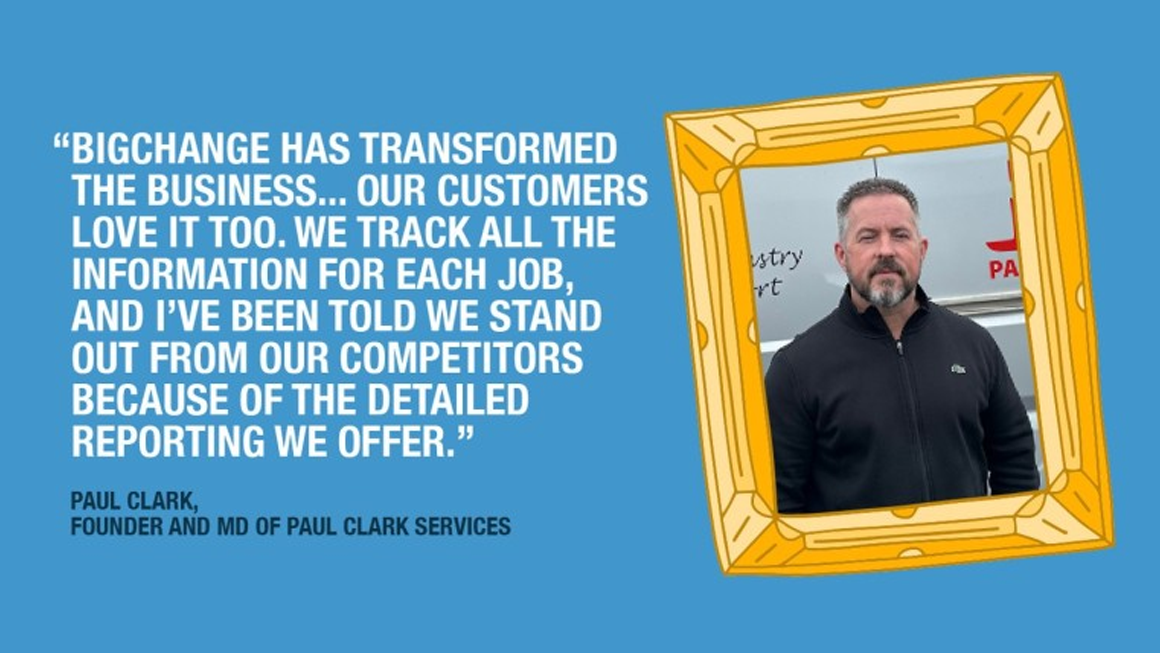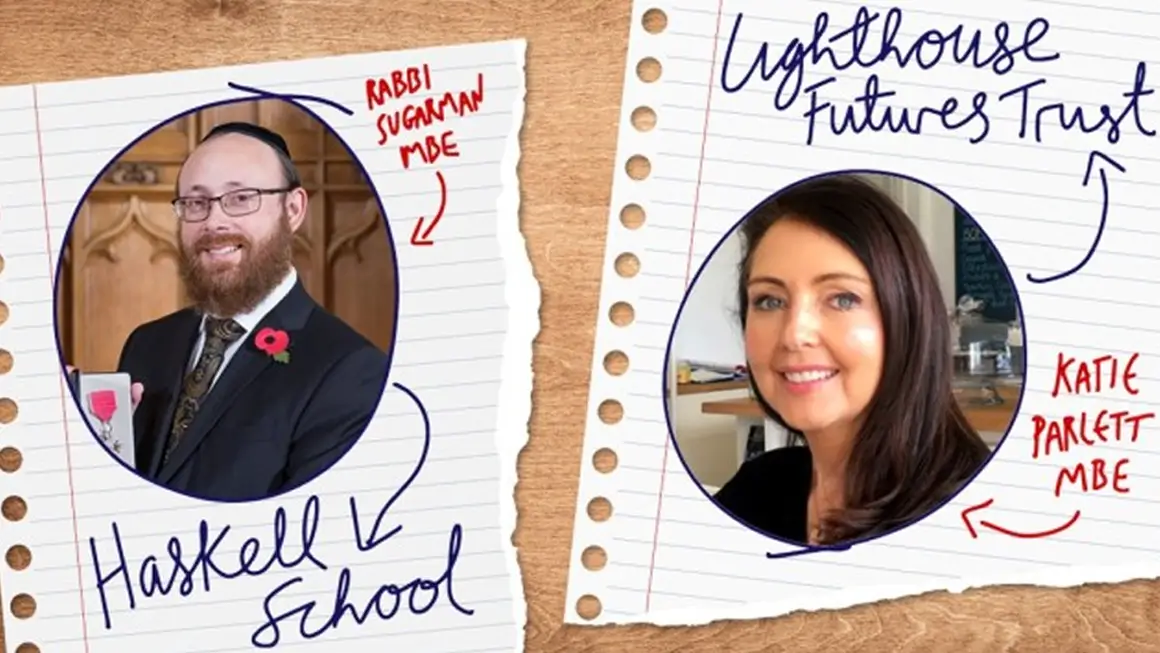When I think about my long-term goals for BigChange, sustainability plays a big part. I want us to be as green as we can be, helping customers around the world to meet their carbon goals too. That’s the big vision.
We have an exceptional and committed team here that is coming up with ideas and making changes every day that help us move closer to that goal. Our CEO, Richard Warley, has written sustainability into our core values and it has become one of the five pillars that underpin our purpose: Big on Sustainability – Protect our Planet.
The sustainability challenge has been taken up by BigChange’s gifted chief operating officer Jo Godsmark, our product marketing manager Jonathan Isaacs, and our head of sustainability Fatima Fellah, who represents us in Park Life, a group of businesses that are based here in Thorpe Park. I caught up with them to find out about our progress, our setbacks, and our ambitions for a more sustainable future.
Jo Godsmark: “We are now carbon neutral but we have a long way to go”
“When I took this challenge on, Martin, I knew it would take time. We started off by taking steps to become carbon neutral by offsetting. We have now achieved that, offsetting for both our company and our entire supply chain, but the next big goal is to eliminate more of those emissions in the first place.
“We are a paperless office. Our data centres run off green energy. We have now implemented a green travel scheme, incentivising employees to walk, cycle, use public transport or car share to work. And we are looking into the installation of EV charging points at the office, creating a pool of electric vehicles for colleagues to use.
“The technology we have built is a catalyst for positive change for our customers. It eliminates paper, and gets engineers to the job faster, burning less petrol, with fewer wasted journeys. Our updated Route Optimiser and our Scheduling Assistant tool both help customers actively see many miles they can save through better routing.
“We are not alone on this journey. The country wants to achieve Net Zero and all our customers must go electric by 2030, so we need to support them. I’m delighted we are now carbon neutral, but our sustainability journey has only just begun’.”
Jonathan Isaacs: “We make it easy to save the planet”
“There’s a limit to how much one company can achieve on its own – it’s by helping our thousands of customers to make greener decisions that BigChange will make a significant impact. That’s what we are trying to do with our updated route optimiser and emissions reports.
“In the two months since we relaunched the route optimiser feature, it has been used 54,000 times, saving 250 customers some 830,000 miles – that puts an estimated £430,000 back into their pockets. Our vehicle consumption and emissions report allows our customers to view the emissions of their whole fleet and can be set to send an alert when engines are left idling for too long.
“We are still in the early stages of monitoring usage and results but eventually I would like to be in a position where I can claim that BigChange is effectively free, because customers make such significant savings from our sustainability features.”
Fatima Fellah: “Our internal sustainability schemes come with great incentives”
“I’m really proud of the way that BigChange has developed sustainable solutions that really work for the team. Take our car sharing scheme. People were worried about what would happen if they needed to work late or leave early, and missed their ride, so we implemented a “Get Home Safe” scheme whereby the company will pay for a taxi – this ensures no one gets stranded. There is a lot of competition for parking places at the office, and we have allocated two solely for car sharers, which is another big plus.”
I’m really excited by all the projects and campaigns that are making BigChange more sustainable – and giving our customers a helping hand too. Right now, we are improving the CO2 reporting on our platform, giving customers visibility of how much carbon they are creating and the cost-savings if they reduce those emissions.
We are on the road to net zero, and I’m confident we have the enthusiasm and ambition to take us there.










